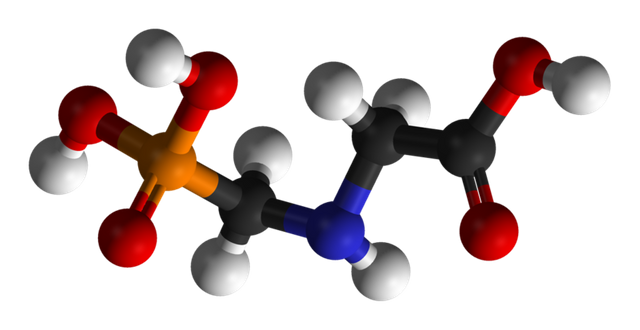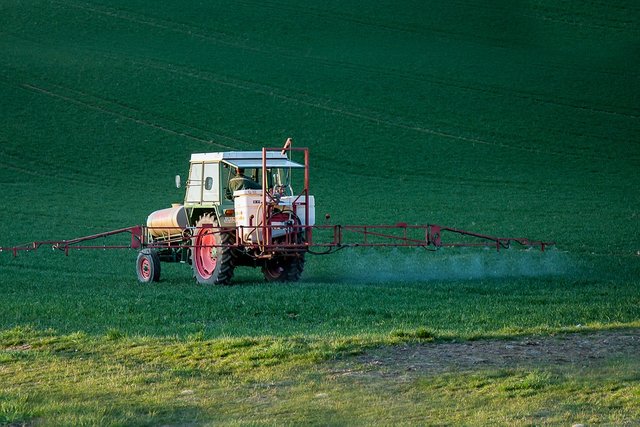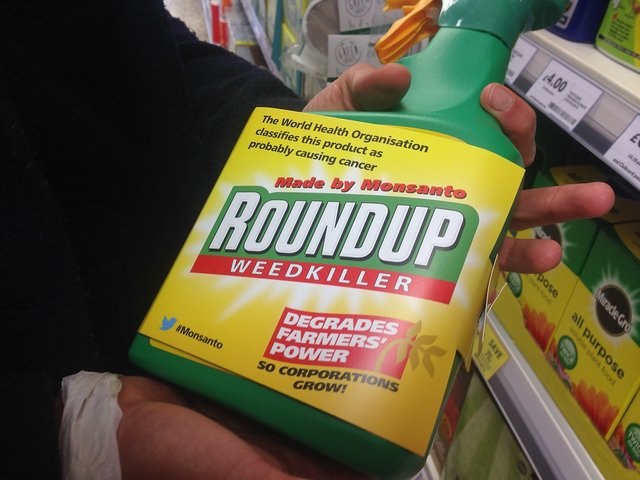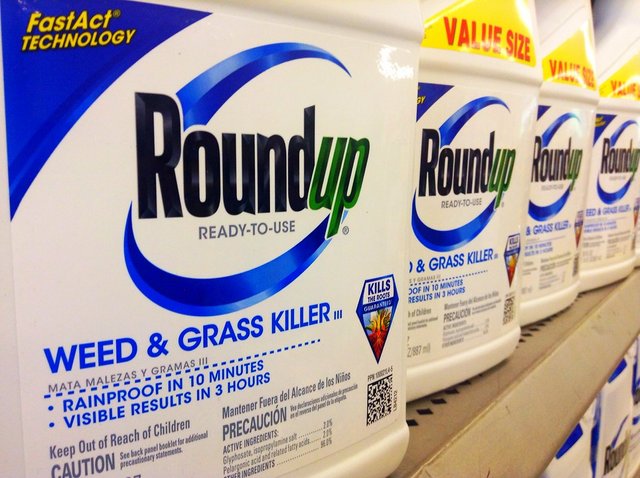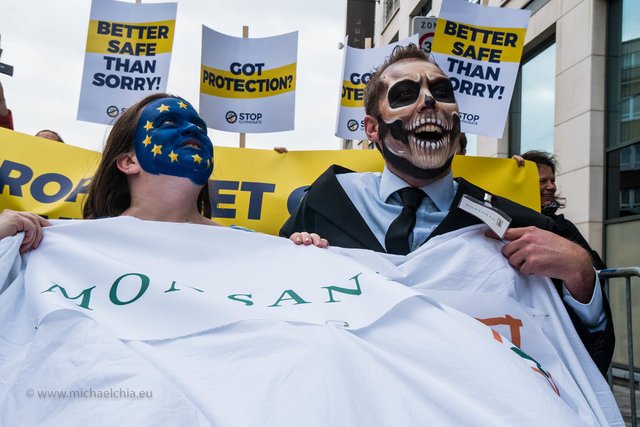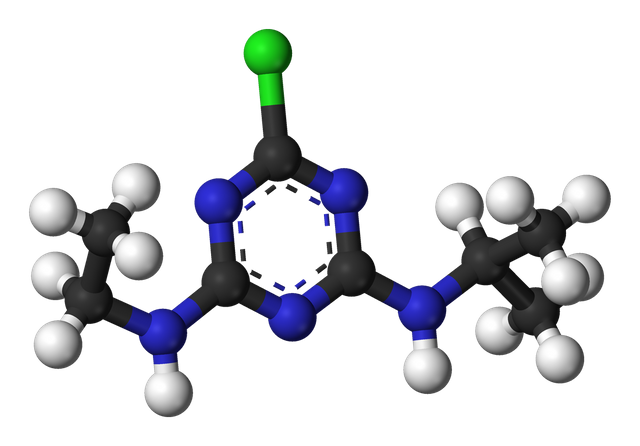The Glyphosate Drama
Glyphosate is the most widely used herbicide in the world and in the other hand , is one the most controversial issue in our society. The use (or not) of glyphosate, it is a problem that goes beyond science and links with social thoughts, that is intertwined with politics and the law.
Glyphosate is the active ingredient in many commercial herbicides. Although we now know that it was first synthesized in the 1950s, it was not until 1970 that John E. Franz, a Monsanto chemist, discovered its herbicide effects. Under the name Roundup, it began to be marketed in 1974.
The history tell us, that Roundup's success came in 1994-96 when Monsanto itself began marketing genetically modified plants immune to the effect of glyphosate. This allowed the use of glyphosate to eliminate weeds without affecting the crops.
As a active ingrediente, the Glyphosate inhibits the aromatic amino acid biosynthesis pathway, the shiquimate pathway (anion of shichemical acid). This s an exclusive route for plants, so it has practically no toxicity for animals.
Even that, in a comparision with commonly used substances such as caffeine or paracetamol, the glyphosate have a lower toxicity rates that those two compounds. Another important feature is that when it´s degrading (after 22 days, a short life) it produce non-toxic substances.
And yes, it is true. Glyphosate is on the WHO list of 'probably carcinogens'. But what are the possibility to get cancer from that ? Not as high as a lot of people thing. At least by indirect contact with the product. In the worst case, the experts estimate that a person must eat a average of 37 pounds of glysophate per day for two years to match the cancerogenic dose.
However, in the past few days, we have seen the other side of the story : A terminal cancer patient know as Dewayne Johnson, , won a lawsuit against Monsanto. The company must pay to the victim $250 million in damages and $39 million more in compensation.
The indictment says that Monsanto is the cause of Johnson's non-Hodgkin's lymphoma by failing to adequately warn of its possible effects.
This case along with other background lawsuits regarding cancer and glyphosate, are causing in the non-scientific community a very bad reputation about it use, turning it into a political issue, and as we know, the relationship amount science, law and politics is far from straightforward.
Many people around the world wants to banned the glyphosate, the scientists have raised their voices, but the idea of glyphosate as a carcinogen has already entered the mind of the community and it will take a long time and divulgation to get rid of it (if there is a chance).
Today, a ban on glyphosate would have the direct consequence of making food more expensive (like I say is the most common active ingredient)and would lead to the use of toxic pesticides such as Paraquat. If the law (and politics) really wants to eliminate glyphosate, it would be appropriate to raise it with a period of time, so that industries can scientifically develop other herbicides and improve the action of others, such as atrazine.
So that is way this drama goes, looking for a ending, the problema is that we don't know what type of ending is gonna be.
References.
1)Tarazona J, Marques D, Tiramani M, Reich H, Peil R, Istace F. Crivellente F.Glyphosate toxicity and carcinogenicity: a review of the scientific basis of the European Union assessment and its differences with IARC. [Online]. United States of America. Archives of Toxicology. 2017; 91 (8):pp. 2723-2743. URL: https://www.ncbi.nlm.nih.gov/pmc/articles/PMC5515989/#
2)Zhang L, Rana L, Shaffer R, Tiaoli E, Sheppard L. Exposure to Glyphosate-Based Herbicides and Risk for Non-Hodgkin Lymphoma: A Meta-Analysis and Supporting Evidence. [Online]. Elservier: Mutation Research/Reviews in Mutation Research.Holland. 2019; S1383-5742 (18): 30088-30097.URL: https://www.sciencedirect.com/science/article/pii/S1383574218300887
